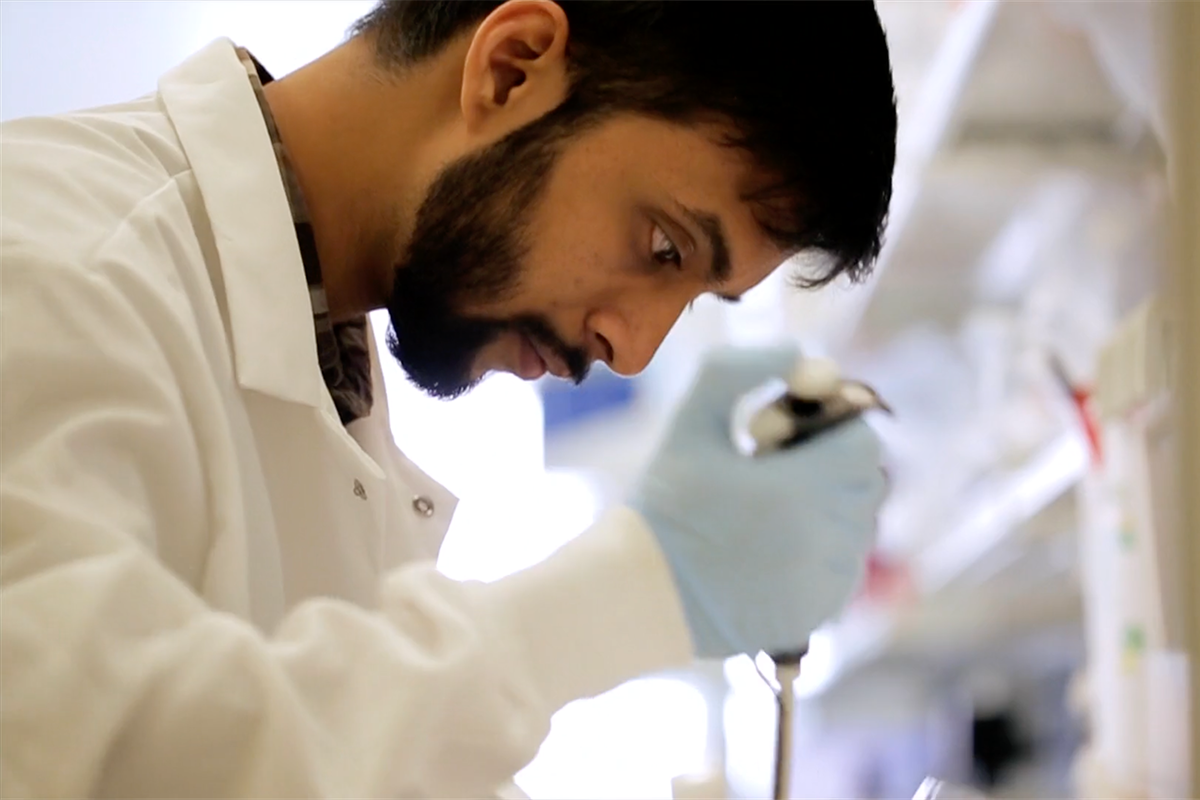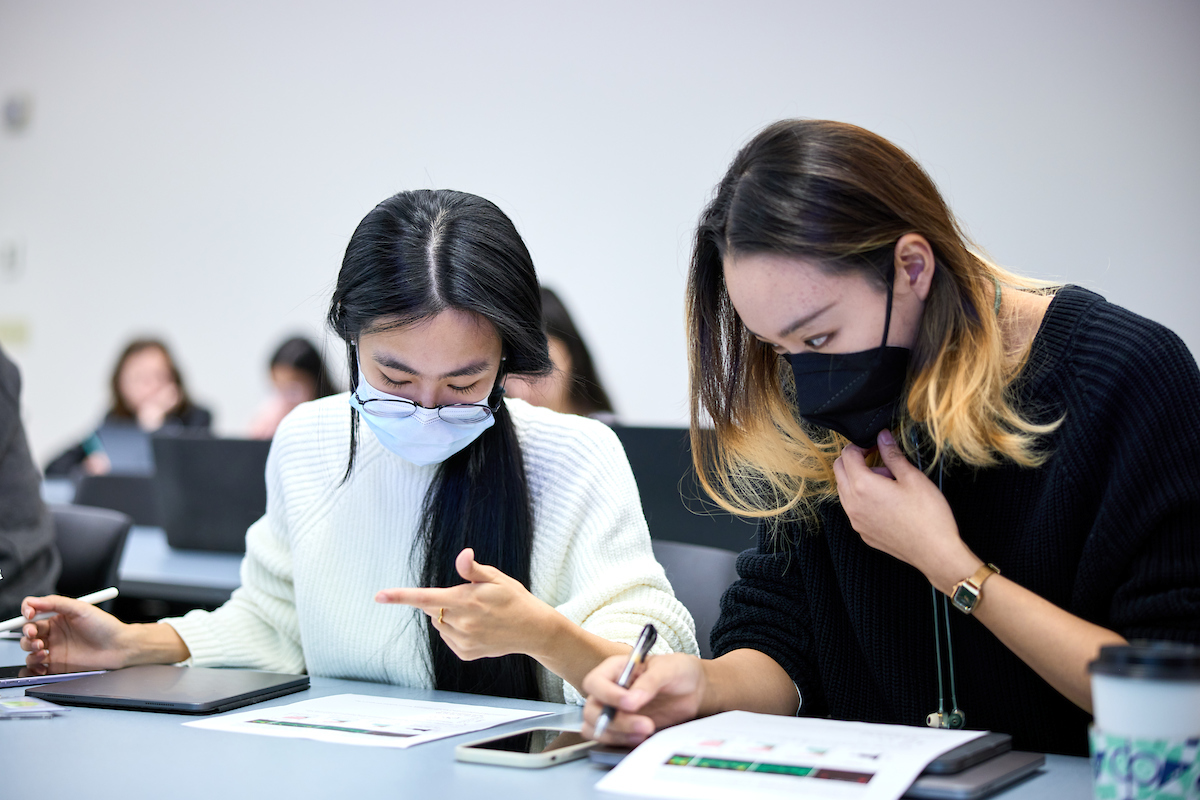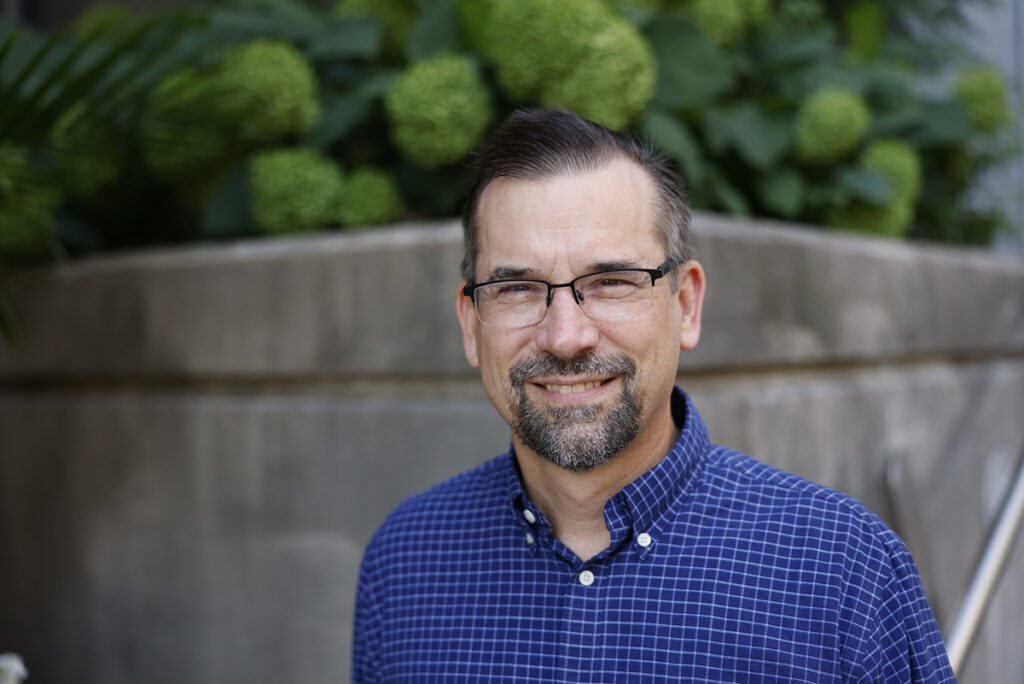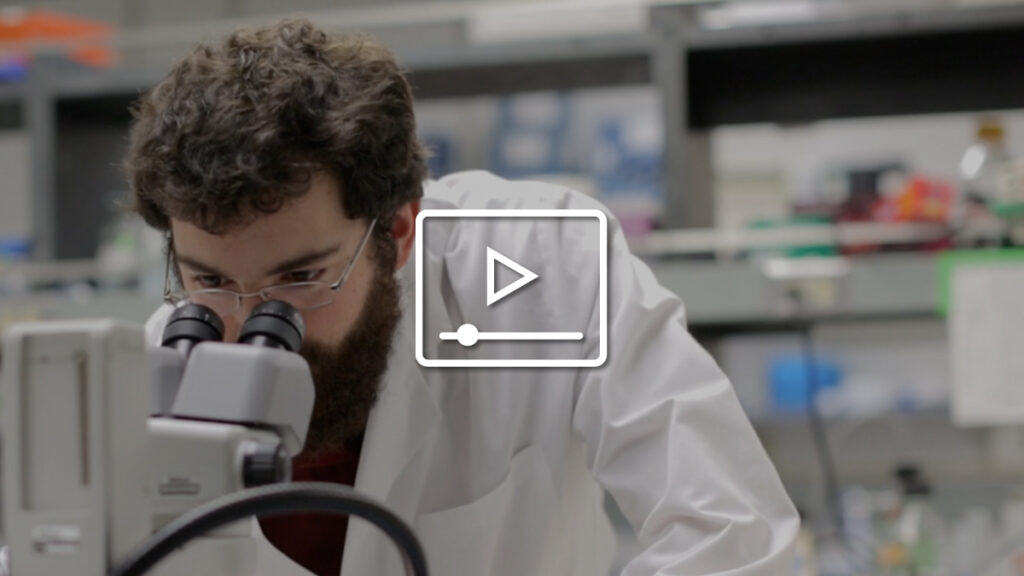Why DBBS?
Multidisciplinary science
Camaraderie, not competition
Full tuition and yearly stipend
Unparalleled access to mentors
Flexible career paths
Co-curricular training and resources
Join our groundbreaking research environment
With 12 graduate programs, nearly 650 faculty from over 30 university-wide departments and more than 600 students, you’re sure to find your best fit.
Events
-
22
Apr -
22
Apr -
23
Apr
Our mission
The Roy and Diana Vagelos Division of Biology & Biomedical Sciences fosters training in interdisciplinary science and cultivates the diverse career aspirations of our trainees. DBBS is responsible for recruiting pre-doctoral students of the highest caliber and ensuring that your academic training, co-curricular experiences and research prepare you for a productive and creative scientific career.




